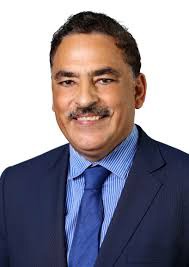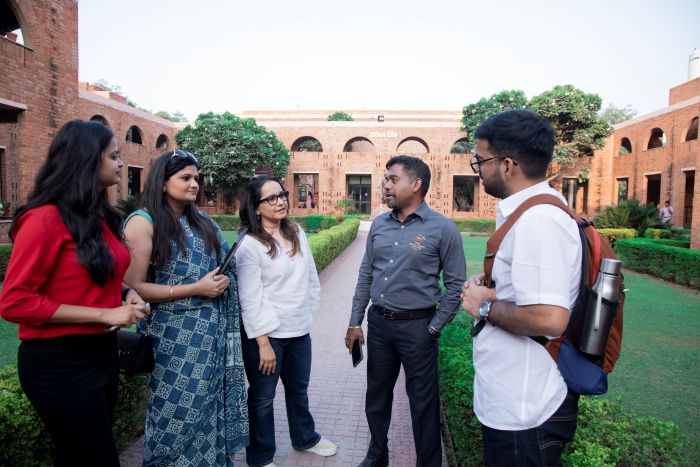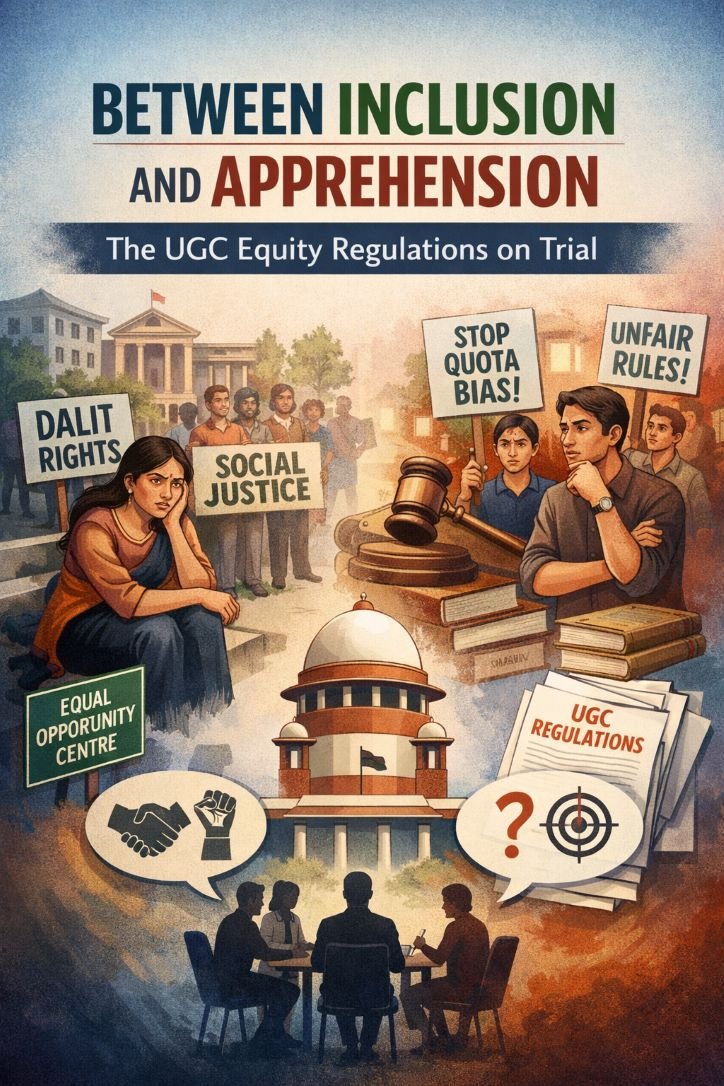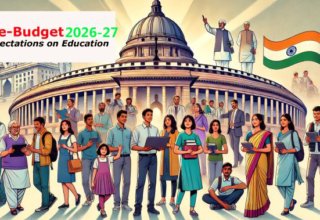
In today’s scenario, critical thinking and problem-solving skills, open the human mind to multiple possibilities and inter-disciplinary solutions; so, both skills are linked to future jobs & careers
By Dr. Tassos Anastasiades, Principal- IB, Genesis Global School,Noida
 Future careers are no longer about domain expertise or technical skills. Rather, critical thinking and problem-solving skills in employees are on the wish list of every big organization today. Even, curriculums and pedagogies across the globe and within India are now requiring skilled workers who are able to think critically and are analytical.
Future careers are no longer about domain expertise or technical skills. Rather, critical thinking and problem-solving skills in employees are on the wish list of every big organization today. Even, curriculums and pedagogies across the globe and within India are now requiring skilled workers who are able to think critically and are analytical.
The reason for this shift in perspective is very simple.
These skills provide a staunch foundation to comprehensive learning that extends beyond books or the four walls of the classroom. In a nutshell, critical thinking and problem-solving skills are a part of ‘21st Century Skills’ that can help unlock valuable learning for life.
Over the years, the education system in the world including India has been moving away from the system of rote and other conventional teaching and learning parameters.
They are aligning their curriculums to the changing scenario which is becoming more tech- driven and demands a fusion of critical skills, life skills, values and domain expertise. There’s no set formula for success.
Rather there’s a defined need for humans to be more creative, innovative, adaptive, agile, risk taking and having a problem-solving mindset.
In today’s scenario, critical thinking and problem-solving skills become more significant because they open the human mind to multiple possibilities, solutions and a mindset which is inter-disciplinary in nature.
Therefore, many schools and educational institutions are deploying AI and immersive learning experiences via gaming, AR VR technologies to give a more realistic and hands-on learning experience to their students that hones these abilities and help them overcome any doubt or fear.
Now, let’s talk about some of the advantages of critical thinking and problem-solving skills in the curriculum:
Ability to relate to the real world:
Instead of theoretical knowledge, critical thinking and problem-solving skills encourage students to look at their immediate and extended environment through a spirit of questioning, curiosity and learning. When curriculum present students with real world problems, the learning is immense.
For example, in a scenario when children are asked to come up with unique solutions to resolve water crises and promote sensible water usage and conservation measures, the students will research, ask questions, reflect on challenges and solutions and come up with multiple suggestions to solve that particular problem.
The very fact that they are able to analyze a given scenario from different perspectives, attempt to understand why some solutions worked while others didn’t, explore new possibilities by several permutations and combinations, is an example of critical thinking and problem-solving skills.
Confidence, agility & collaboration: Critical thinking and problem-solving skills boost self-belief and confidence as students examine, re-examine, sometimes fail or succeed while attempting to do something. They are able to understand where they may have gone wrong, attempt new approaches, ask their peers for feedback and even seek their opinion, work together as a team and learn to face any challenge by responding to it.
Willingness to try new things: When problem solving skills and critical thinking are encouraged by teachers, they are setting a robust foundation for the young learners to experiment, think out of the box, be more innovative and creative besides looking for new ways to upskill.
It’s important to understand that merely introducing these skills in curriculum is not enough.
Schools and educational institutions must have upskilling workshops and conduct special training for teachers so as to ensure that they are upskilled and familiarized with new teaching and learning techniques and new age concepts which can be used in the classrooms via assignments, projects.
Critical thinking and problem-solving skills are the two of the most sought-after-skills. Hence, schools should emphasize on the upskilling of students as a part of academic curriculum.
PS: At GGS skills development has become the fabric of our learning and teaching making learning much more relevant and meaningful.








